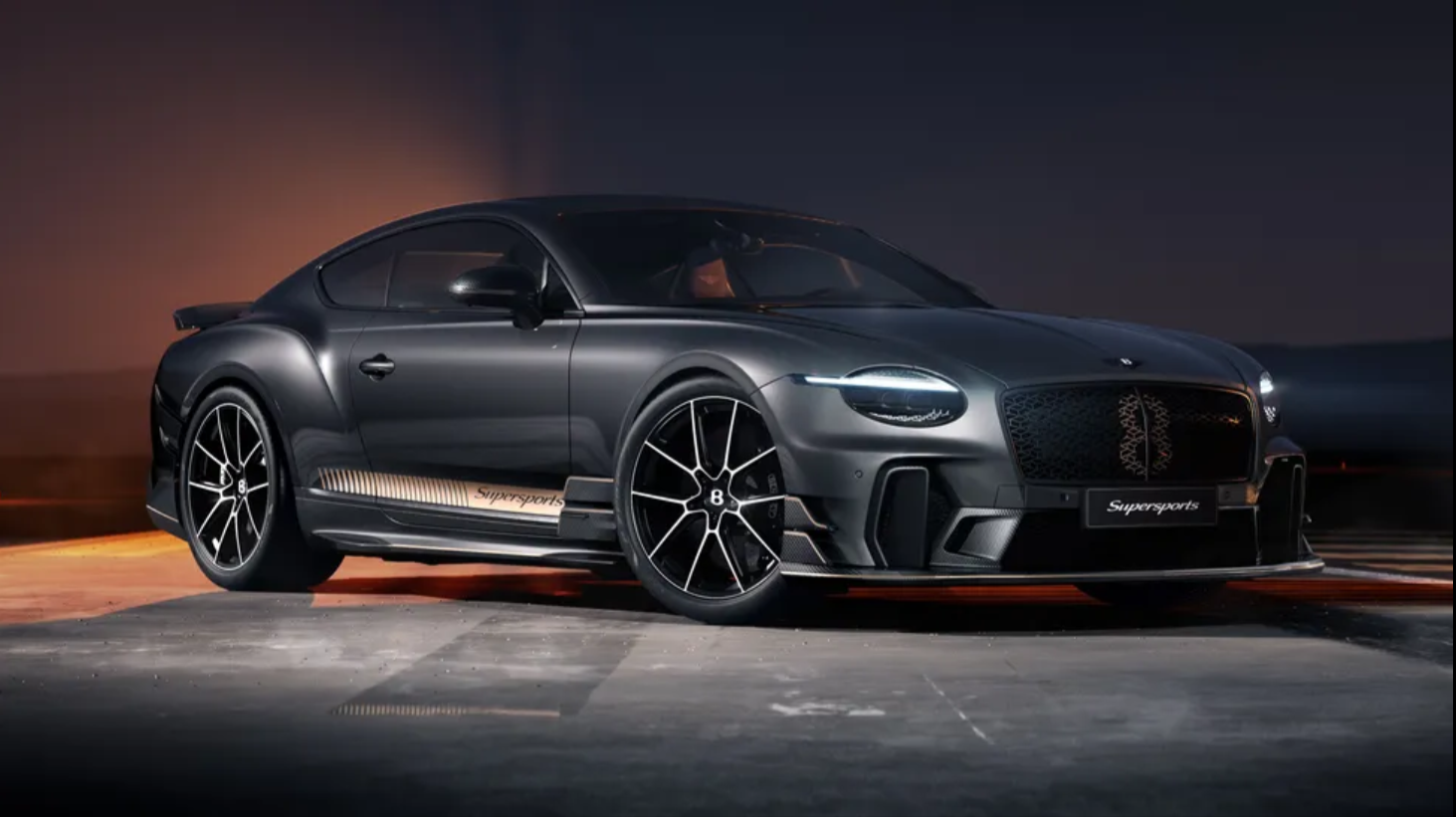Remember the Caterham Project V? It first stunned crowds at last year’s Goodwood Festival of Speed as a concept, boasting design by Italdesign and an impressively featherweight curb mass of just 1,190 kg. But this wasn’t just a one-off showpiece. The British specialist brand has real, tangible plans to launch this electric stunner into production. And now, we’ve learned that Yamaha will provide the power for this exciting new coupe.
Currently, the Project V concept is evolving into a prototype, engineered by the Japanese firm Tokyo R&D. The aim is to have the prototype completed by mid-next year, with full series production expected to begin sometime in 2026. Caterham is keeping Yamaha’s electric motor details under wraps for now, but to remind you, the concept car packed a rear-wheel-drive setup with 200 kW of punch.
At Goodwood, the show car had a 2+1 seating layout, though a 2+2 configuration was also floated as an option. Caterham promised a brisk 0-100 km/h sprint in under four seconds and a top speed of 230 km/h. The coupe was powered by a 55 kWh lithium-ion battery, providing up to 400 km of range on the WLTP cycle. And in keeping with modern EV expectations, it supported DC fast charging at 150 kW, allowing for a 20-80% charge in around 15 minutes.
As with many concept cars, Caterham had to be creative to speed up development without compromising quality. For instance, the Project V borrowed a few components from other vehicles, like Maserati seats and door apertures from the Audi TT. These readily available parts will likely find their way into the production model to help keep costs in check.
Although Yamaha has never built a car of its own, it’s no stranger to the automotive world. Back in the mid-2010s, the company teased us with a potential Miata rival that sadly never saw the light of day. Going further back, Yamaha collaborated with Toyota to help develop the legendary 2000GT in the 1960s. It also had a hand in engineering and manufacturing Ford’s V6 and V8 SHO engines.
Arguably, Yamaha’s most iconic contribution to the car world was its involvement in the Lexus LFA, tuning its naturally aspirated V10 to symphonic perfection. The list doesn’t end there; Yamaha developed a V8 for Volvo, and provided four-cylinder engines for the Toyota Celica, MR2, and Lotus Elise. Let’s not forget the pint-sized Motiv concept and the ill-fated 1992 OX99-11 supercar, which was set to enter production with a howling V12.
Now, with the Project V, Caterham is positioning itself to deliver something electric, lightweight, and undeniably fun – a true driver’s car in a future where petrol power is gradually being phased out. Porsche Cayman, watch your back.


.jpg)
.jpg)
.jpg)
.jpg)





.jpg)


.jpeg)

.jpeg)
.jpeg)

